detail profile brenda l c3 adgia
Peran Yang Di Mainkan Brenda Lígia
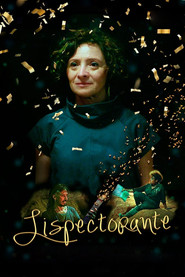 Glria Hartman a mature woman going...
Glria Hartman a mature woman going...Lispectorante 2025
Glória Hartman, a mature woman going through an existential and financial crisis, returns to her hometown, which is undergoing a process of abandonment. Through a crack in the ruins of where the writer Clarice Lispector once lived, Glória begins to see fantastic scenes that will change her life.
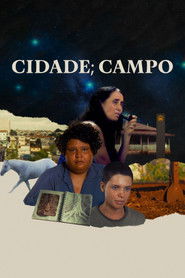 Two tales of migration In the...
Two tales of migration In the...Cidade; Campo 2024
Two tales of migration. In the first, after a tailings dam disaster floods her hometown, rural worker Joana (55) moves to São Paulo to find her sister Tania, who lives with her grandson Jaime. Joana enters the universe of insecurity, replying to an application for house cleaning. She bonds with her colleagues, and their struggle for better conditions gives Joana’s life a new meaning. Her relationship with young Jaime brings back old memories. In the second part, after the death of her estranged father, Flavia (32) moves to her farm with her wife Mara. The couple suffer a shock of reality when facing the harshness of rural life. The contact with the abandoned house reveals to Flavia unknown aspects of her father. She begins to suspect that there is something supernatural in the woods.
 Directed by Edu Felistoque and Erik...
Directed by Edu Felistoque and Erik...Amado 2022
Directed by Edu Felistoque and Erik de Castro, the film "Amado" was inspired by a real events. Blind to color, creed or sex, the police officer doesn't care if the individual is a thief or a policeman.
 Tired of the responsibilities of her...
Tired of the responsibilities of her...Vale Night 2022
Tired of the responsibilities of her first child, Daiana decides to take a "Vale Night" to spend the night with her friends, but for that she needs to leave the child with the child's father. Vini, also bored, decides to take the baby to the funk party, where everything goes well until he loses the boy and goes in search of the child throughout the community, putting himself in unusual and fun situations so that Diana doesn't notice anything.
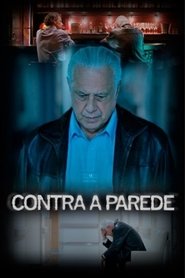 Less than three months before the...
Less than three months before the...Contra a Parede 2018
Less than three months before the presidential elections in Brazil, a renowned newscaster faces an explosive ethical conflict that involves his work at the head of his program and his personal relationship with two presidential candidates named as favorites in the polls.
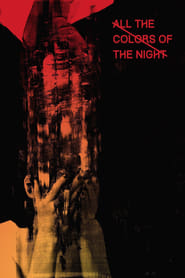 Iris lives alone in a spacious...
Iris lives alone in a spacious...All the Colors of the Night 2015
Iris lives alone in a spacious apartment by the sea. The green horizon seems to distance it from the city in comfortable isolation. At nightfall, the place hosts known and unknown in a frantic party flow. Iris is the main attraction. But on a hungover morning, she finds a corpse in the living room. As in the distorted reflection of a crooked mirror, Iris feels repeating steps of her childhood friend, Tiara, a medical student who had run over a guy at the exit of a nightclub. After the incident, Tiara plunges into a spiral of self-pity, sentimental emptying and violence. The case is well known in town and Iris does not want to become another ghost in this dark repertoire of stories. In All the colors of the night, reality works as a dimension of imagination, memory and madness.
 Rachel is a girl adopted by...
Rachel is a girl adopted by...Confessions of a Brazilian Call Girl 2011
Rachel is a girl, adopted by an upper middle class family, who rebelled at 17 and left her family and studies at a traditional college in Sao Paulo to become a sexy call girl. Shortly after starting work, she decided to write a blog about her experiences. Since some clients thought she looked like a surfer she adopted the name "Surfistinha" which means little surfer girl.

 In a world on fire a...
In a world on fire a...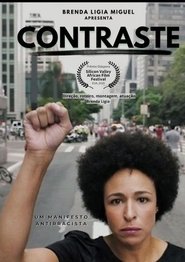
 When the Netuno Circus returns to...
When the Netuno Circus returns to...